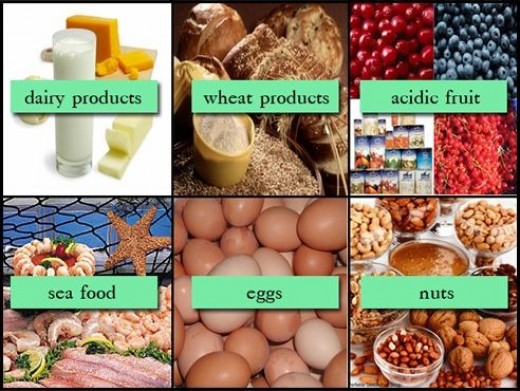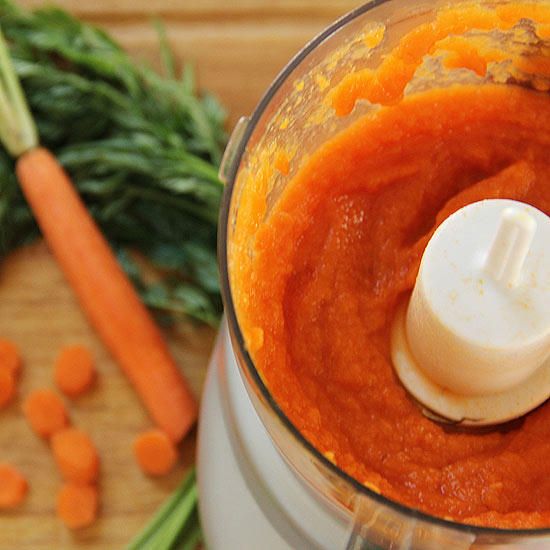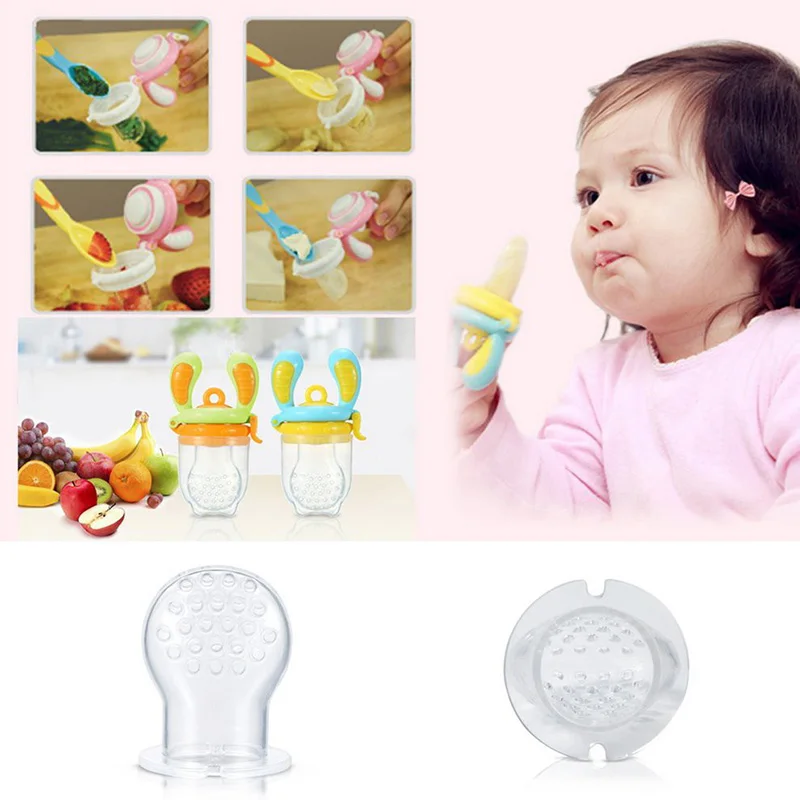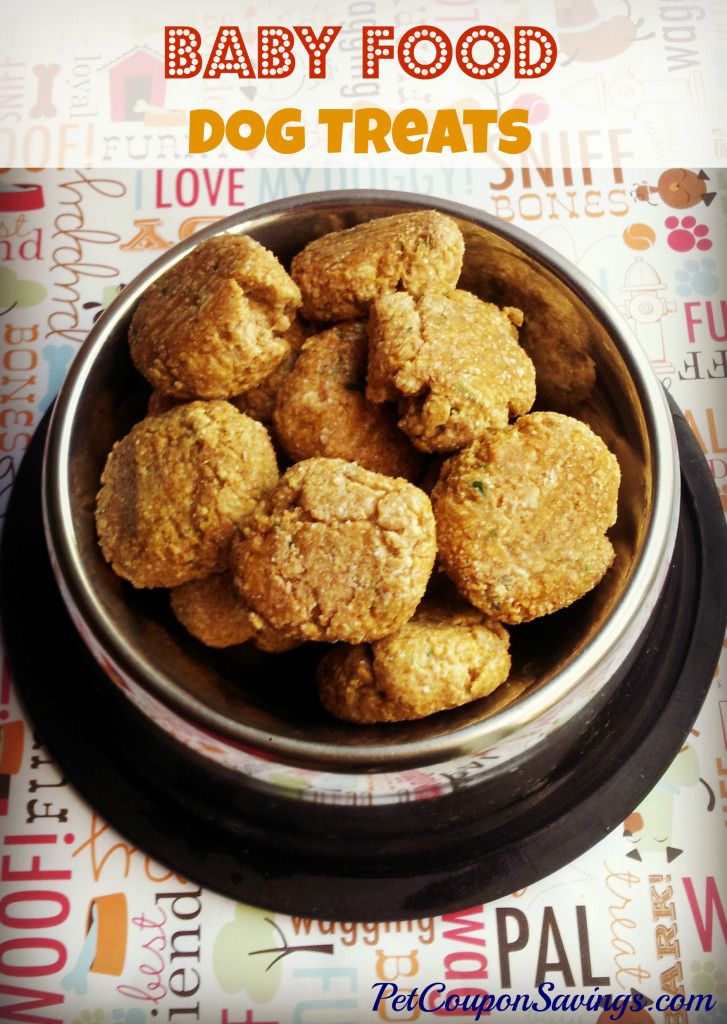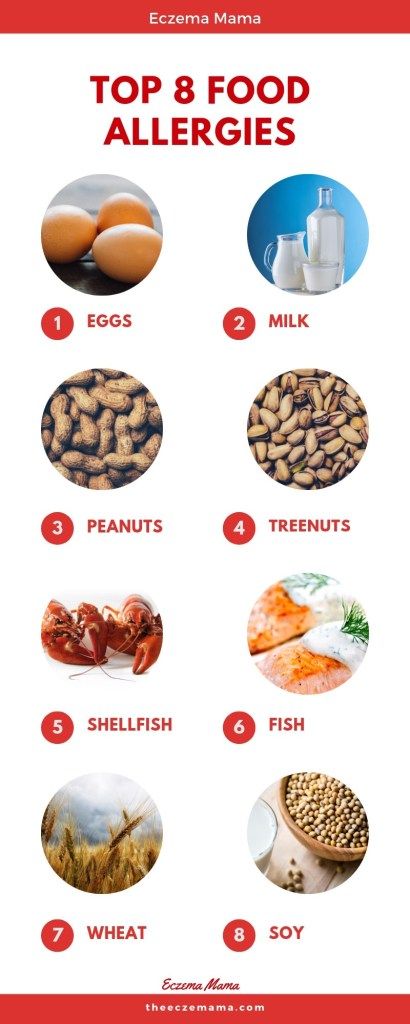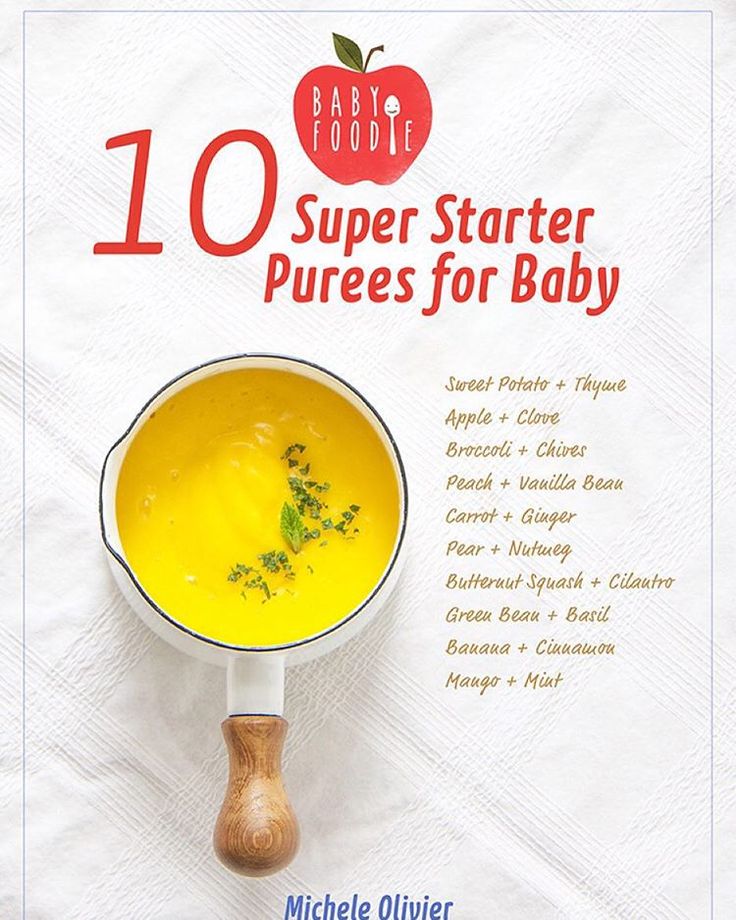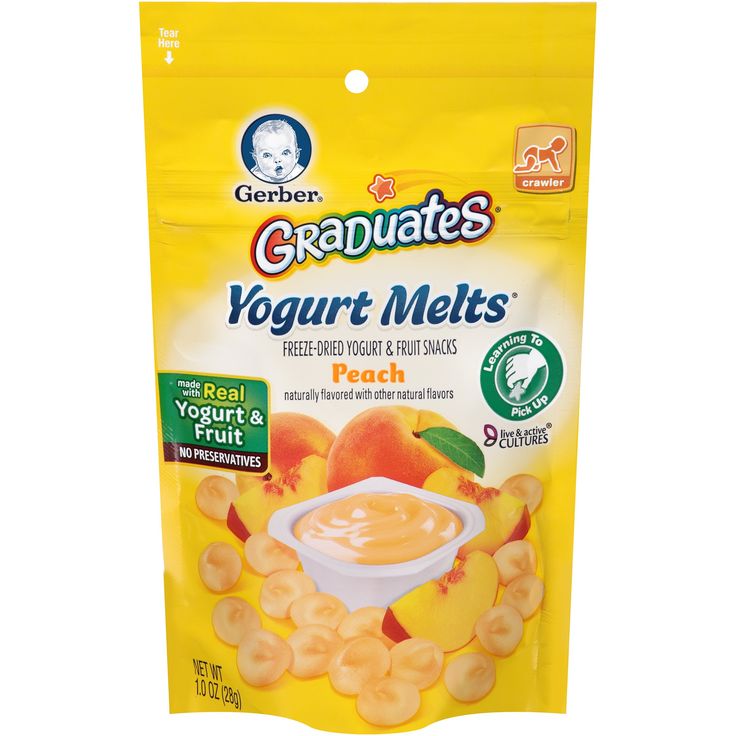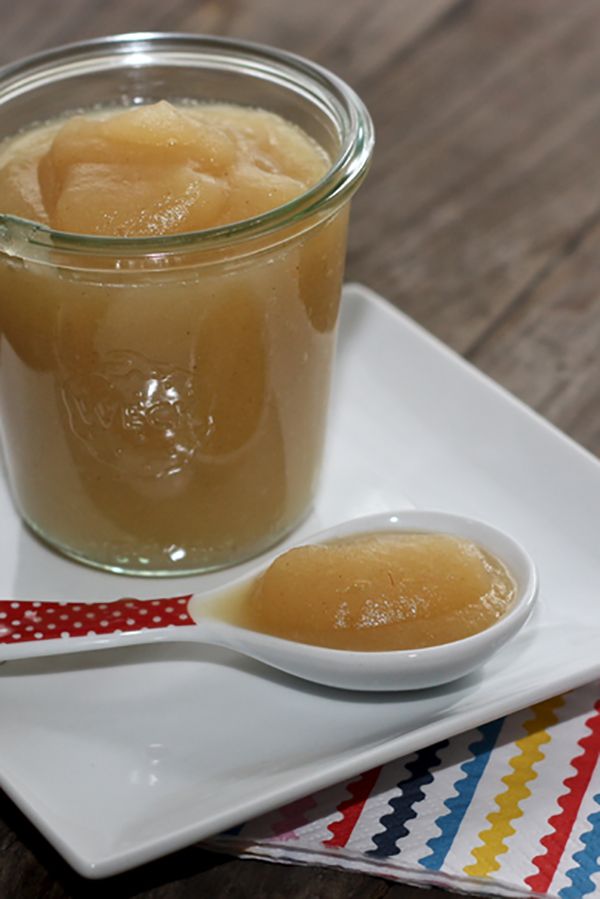Foods to avoid eczema in babies
7 Foods to Avoid in Babies and Toddlers with Eczema
Also known as atopic dermatitis, eczema is a common condition characterized by red, itchy, and inflamed skin.
Although eczema can affect anyone, it’s especially common among children. In fact, about 60% of cases develop within the first year of life (1).
Many factors can worsen eczema flare-ups, including foods.
Research shows that certain foods may trigger eczema in 20–30% of cases of moderate to severe eczema. Additionally, foods are more likely to worsen symptoms in children and infants under age 5 (2).
While foods do not directly cause eczema, making dietary changes could help reduce symptoms, especially for those who have a sensitivity or allergy to specific foods (3).
In children with a confirmed food allergy, eliminating trigger foods from the diet may significantly improve symptoms of eczema within just 1–2 months (4).
However, keep in mind that it’s not necessary to avoid all the foods listed below to help manage your child’s eczema.
SummaryCertain foods may worsen symptoms of eczema, especially in children and infants. However, it depends on the child’s particular allergies or sensitivities, so speak with a healthcare professional to determine which foods might be best to eliminate.
Preventing food allergies
Introducing common allergen foods to an infant early in life may actually help prevent them from developing food allergies, including to eggs and peanuts (5).
If you’re considering eliminating certain foods from your child’s diet or you’re concerned about your child developing food allergies, speak with a healthcare professional. They can help you develop a diet plan based on your child’s needs.
Research has shown that eliminating one or more of these foods from the diet may significantly improve symptoms of eczema in some children.
1. Dairy
Not only is a cow’s-milk allergy the most common food allergy in young children, but dairy products like milk, yogurt, and cheese are also common triggers for eczema (6).
One study in 132 children with food-triggered eczema found that 39% of children developed an immediate reaction after consuming cow’s milk (2).
A 2019 review reported that infants with eczema were six times more likely to have an allergy to cow’s milk, eggs, or peanuts at 12 months of age compared with infants without eczema (7).
Fortunately, there are several simple plant-based milks available as an alternative to cow’s milk, including soy milk, almond milk, and cashew milk.
However, be sure to check the ingredients lists carefully, as some of these products are high in calories and added sugar.
2. Fish and shellfish
The term “shellfish” refers to any aquatic animal that has a shell-like exterior, including crabs, lobsters, oysters, mussels, and shrimp. Meanwhile, most types of fish, including salmon, trout, tuna, and tilapia, have fins and scales.
Although both fish and shellfish are highly nutritious and can be great sources of protein and omega-3 fatty acids, they can also worsen symptoms of eczema for many children.
This is because fish and shellfish allergies are common and can cause a wide range of side effects, including hives, itching, and eczema (8, 9).
While some children may be sensitive to finned fish or shellfish, others may experience reactions only to certain types, such as crustaceans (like shrimp and crab) or mollusks (like oysters and clams) (8).
A pediatrician or registered dietitian can help determine which specific types of seafood may trigger symptoms for your baby or toddler.
3. Soy products
For those with a soy allergy, consuming soy products like soy milk, tofu, or edamame can cause an immune response, which could trigger skin reactions such as eczema (10).
Compared with allergies to other major food allergens, soy allergies are not nearly as common (11, 12).
For example, one 2013 study in 175 people with eczema found that around 30% had an immune reaction to soy. However, only about 3% of people experienced symptoms, such as hives and itching, after consuming soy (13).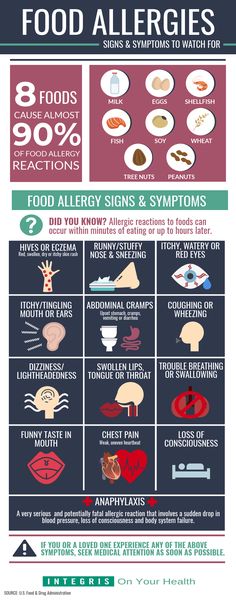
If your baby or toddler has a sensitivity to soy products, keep in mind that many processed foods contain soy-based ingredients, all of which could worsen symptoms of eczema. Examples include (14):
- soy sauce
- tamari
- soy protein
- textured vegetable protein
4. Eggs
Share on PinterestElena Botta/Getty Images
Some babies or toddlers may have an allergy to the proteins found in egg whites or yolks, which could trigger symptoms of eczema (15).
Egg allergy is one of the most common food allergies, affecting an estimated 1.3% of children under 5 in the United States (16).
Furthermore, one study reported that infants with eczema are nearly 6 times as likely to develop an egg allergy by 12 months of age compared with those without eczema (7).
However, most egg allergies in children resolve by around age 5 (17).
Additionally, some babies and toddlers who are sensitive to eggs may be able to tolerate them in some forms, such as baked eggs (16).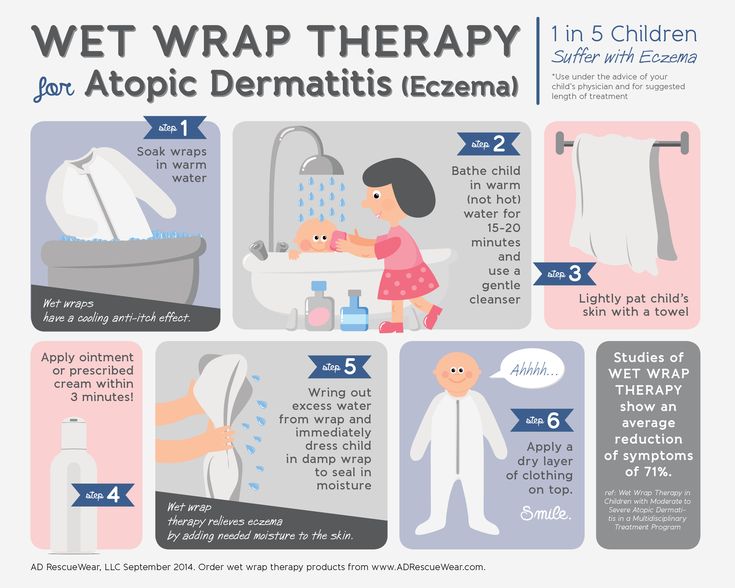
5. Tree nuts
Tree nuts could worsen eczema for many young children with a tree nut allergy. Examples of tree nuts include:
- almonds
- cashews
- walnuts
- pecans
Tree nut allergies are very common and may affect up to 4.9% of children and adults (18).
Unfortunately, tree nut allergies can be very serious, and some research suggests that more severe reactions to tree nuts are often associated with severe cases of eczema, asthma, and seasonal allergies (19).
In addition to avoiding tree nuts specifically, your child may need to avoid foods that contain tree nuts, including pesto, nut butters, coconut products, and certain types of cereals, cookies, crackers, or candies.
6. Wheat or gluten
Wheat is a type of cereal grain and a staple ingredient in many foods, such as bread, pasta, and baked goods.
Gluten is a specific protein found in wheat, barley, and rye that gives dough its structure and elasticity.
For those with a wheat allergy, consuming products that contain wheat may worsen eczema and could also cause other symptoms, including hives, asthma, and digestive issues (20, 21).
Eczema and skin rashes can also be caused by a sensitivity to gluten, as well as by celiac disease, an autoimmune condition that triggers an immune reaction when gluten-containing foods are consumed (22, 23, 24).
While there is no test available to diagnose non-celiac gluten sensitivity, your child’s pediatrician can use a skin or blood test to help determine if your child has celiac disease or an allergy to wheat.
7. Peanuts
Peanuts are a common allergen and are associated with several skin reactions, including rashes, hives, itching, and eczema (25).
Peanut allergies are especially common among babies and toddlers, as most peanut allergies appear within the first 2 years of life (25).
Additionally, some research shows that peanut allergies are more common among infants with moderate to severe eczema (26).
If peanuts cause flare-ups of eczema for your baby or toddler, try swapping other ingredients into your favorite recipes instead, such as seeds or seed butters.
SummarySome of the most common foods that cause allergies in infants and toddlers are dairy, fish, shellfish, soy products, wheat, peanuts, tree nuts, and eggs.
Several foods can be beneficial for eczema and may help reduce symptoms such as itching and inflammation.
For example, fruits and vegetables are rich in antioxidants, which are compounds that can protect against oxidative stress, cell damage, and inflammation (27).
Although studies in humans are still limited, some research suggests that reducing oxidative stress could play a role in managing eczema (28).
Increasing your intake of probiotics through fermented foods or supplements may also be helpful.
According to one review of 13 studies, certain strains of probiotics were effective at reducing eczema severity in children. These strains included Lactobacillus fermentum and Lactobacillus salivarius (29).
However, more research is needed because other studies have found that probiotics do not have a significant effect on symptom severity or quality of life for those with eczema (30).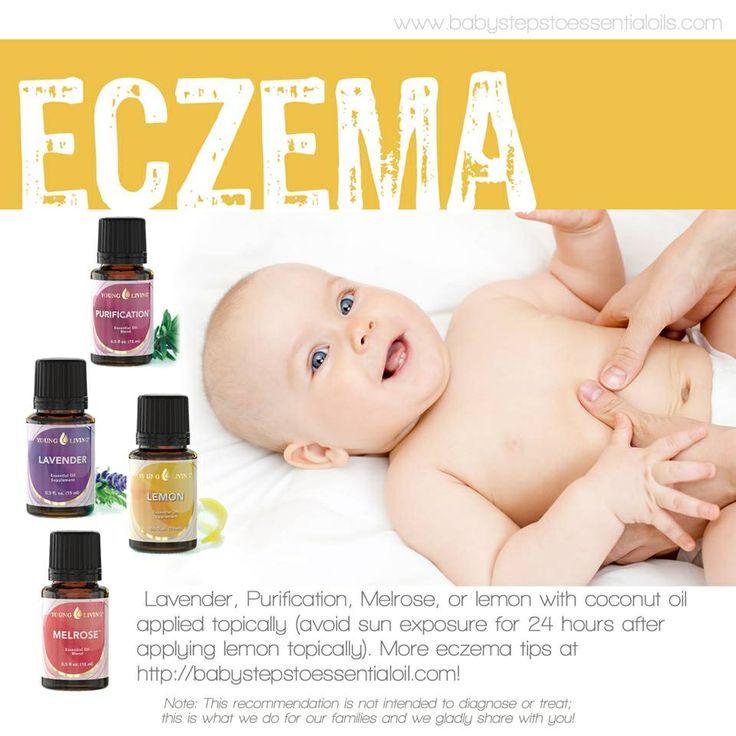
SummaryIncluding more foods rich in antioxidants and probiotics in your child’s diet could be beneficial for eczema, but more research is needed.
For many babies and toddlers, diet can play a key role in managing symptoms of eczema.
While certain foods can make eczema symptoms worse, others may decrease inflammation and oxidative stress, which could reduce symptoms.
However, it’s best to talk with a pediatrician or dietitian before making any changes to your child’s diet, especially because eliminating certain foods from their diet could make it harder for them to meet their nutritional needs.
Additionally, keep in mind that many other factors can contribute to eczema and some children may also need other types of treatment to help relieve symptoms.
Just one thing
Try this today: Consider experimenting with some at-home remedies for your child’s eczema. Check out this article for a few ideas to help provide relief for your baby or toddler.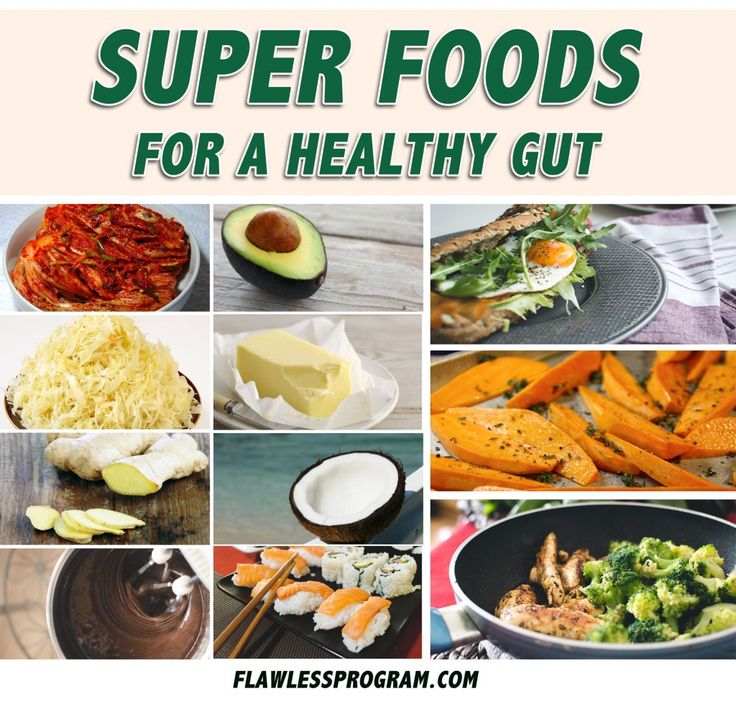
Diet and Eczema – Burkhart Pediatric & Adolescent Dermatology, Cary, NC
A common question parents ask is if certain foods might be making their infant’s or child’s eczema worse. This is an important, yet tricky, question as a nutritious, well-balanced diet is especially important for the health of a child’s skin, body, and mind. That being said, there are safe ways to improve your child’s eczema by adjusting their diet. This blog reviews how I think about the relationship between food and eczema (atopic dermatitis), and I hope you find these tips helpful in exploring triggers while ensuring that you do not restrict your baby’s or child’s diet without a clear benefit to their eczema.
How can I tell if food allergy or food sensitivity might be triggering my child’s eczema?
Food allergies are more likely to play a role in younger children whose eczema is severe and does not respond to steroid creams and moisturizers. Various signs may include:
Clear signs:
-
- Immediate reactions: Itchy rashes (urticaria or hives), lip swelling, vomiting, or wheezing within seconds to minutes of being exposed to a food.
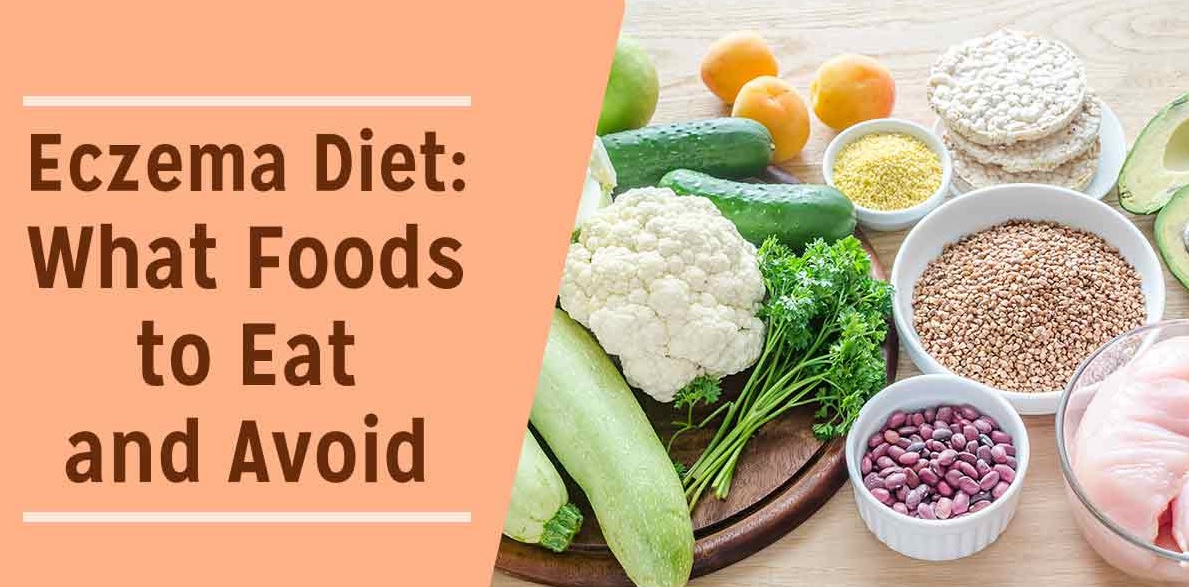 This is a clear sign of food allergy and the food should be avoided completely until you see your pediatrician or allergist
This is a clear sign of food allergy and the food should be avoided completely until you see your pediatrician or allergist - Delayed reactions: Eczema worsening 1-2 days after eating a specific food. This is rare and harder to figure out. Advice on identifying this type of delayed reaction is provided in the next section of this blog (“How can I check for delayed reactions to food?”)
- Immediate reactions: Itchy rashes (urticaria or hives), lip swelling, vomiting, or wheezing within seconds to minutes of being exposed to a food.
Suggestive signs:
-
- Onset of eczema before 6 months of age
- Rashes (such as hives) when suspected foods touch the skin
- Unexplained stomach symptoms (persistent vomiting or spitting up, diarrhea, constipation, or bloating)
- Your child’s growth is faltering
- There is a family history of food allergies
Signs that food is unlikely to be playing a role:
-
- Eczema started after 2 years of age
- Eliminating a food for 4 weeks does not lead to clear and significant improvements in symptoms
How can I check for delayed reactions to food?
As eczema is a condition that tends to get better or worse based on many environmental, developmental, and emotional factors, pinpointing a specific delayed food trigger can be complicated. The most reliable way to know if a food sensitivity is triggering your child’s eczema is to completely avoid one food for 4 weeks. Common dietary triggers in young children are cow’s milk, eggs, peanut, soy, nuts, and fish. You should aggressively check ingredients on all products during this time to ensure 100% avoidance of the specific food item. After 4 weeks, let your child eat the food for two days. If your child has a flare of eczema during the 1-2 days of reintroducing the food, it is possible that your child’s eczema is aggravated by that food.
The most reliable way to know if a food sensitivity is triggering your child’s eczema is to completely avoid one food for 4 weeks. Common dietary triggers in young children are cow’s milk, eggs, peanut, soy, nuts, and fish. You should aggressively check ingredients on all products during this time to ensure 100% avoidance of the specific food item. After 4 weeks, let your child eat the food for two days. If your child has a flare of eczema during the 1-2 days of reintroducing the food, it is possible that your child’s eczema is aggravated by that food.
It is helpful to take photographs of your child’s skin on (1) the first day of the elimination diet, (2) two weeks into the diet, (3) at the four-week conclusion of the diet, and (4) at two days after reintroducing the food. If you are still unsure whether the food elimination helped or not, you can try the four-week avoidance test one more time.
DO NOT try this test if your child gets swollen lips, hives, or wheezing when exposed to foods.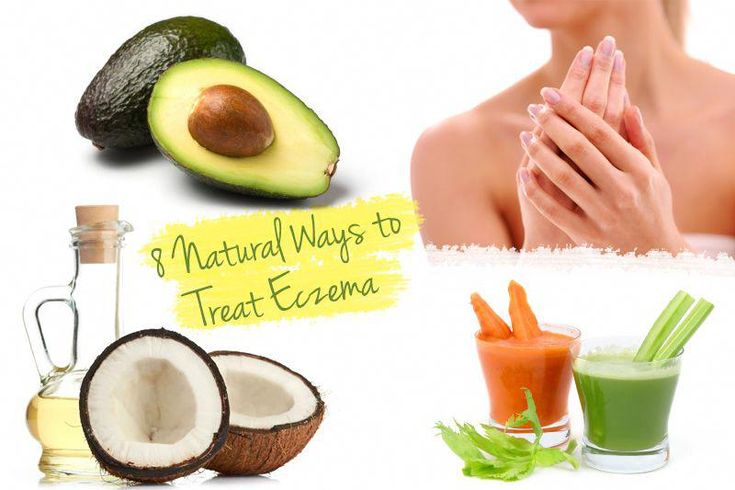 This kind of immediate type of food allergy should be evaluated with the help of your pediatrician and an allergist.
This kind of immediate type of food allergy should be evaluated with the help of your pediatrician and an allergist.
Are there tests that can help find food triggers?
Blood tests and skin prick allergy tests can be very helpful, when combined with a good history, in identifying foods that might cause an immediate reaction to food (i.e., reactions that occur within 30 minutes of exposure to a food). Sometimes the same foods that are causing immediate reactions will also cause delayed eczema flares 1-2 days later. In these cases, seeing an allergist can be helpful in identifying some of your child’s food triggers. The most common foods in this category are cow’s milk and eggs in young children and pollen-associated foods in older children.
Ruling out allergies is another way blood tests and skin prick tests can be helpful. A negative blood test and/or skin prick test can often be very helpful in reliably telling us that your child does not have a dangerous allergy to certain foods.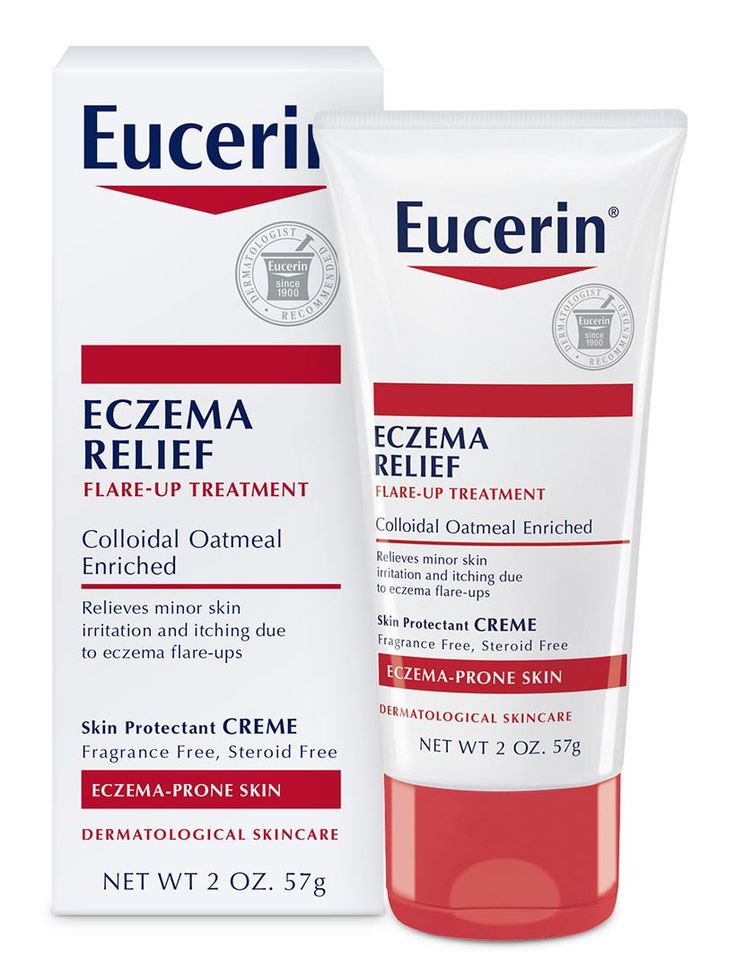
Can formula trigger eczema flares?
In young infants with severe atopic dermatitis, cow’s milk protein allergy (CMPA) can be an important trigger. Signs of CMPA can include resistant eczema, weight loss, diarrhea, vomiting, bloating, and spitting up. If you think cow’s milk might be playing a role, you should discuss doing a 4-week trial of replacing cow’s milk formula with either a low allergenic “extensively hydrolyzed protein” formula (e.g. Nutramigen or Similac alimentum) or an “amino acid based formula” (e.g. Neocate or Nutramigen AA). These cow’s milk replacements typically do not taste as good as standard formula milk, so you should be prepared for a short struggle to get your child into one of these products.
After 4 weeks, assess how your child’s eczema has been. If it has significantly improved, you should talk to your pediatrician about continuing a healthy diet as you wean from formula and transition to a milk free diet. A nutritionist can be helpful in ensuring you provide enough calcium, protein, and calories to support the growth of your child—maintaining a healthy milk free diet is not easy and you shouldn’t attempt it alone!
Can foods aggravate eczema in other ways?
Some foods might aggravate eczema through non-allergic reactions that involve histamine pathways.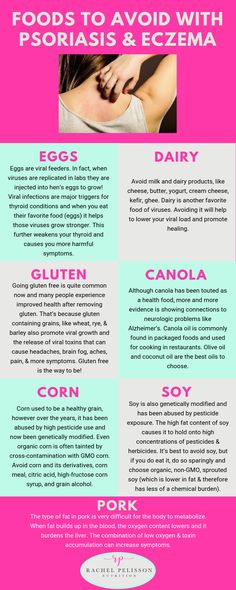 In these cases, areas of the body in direct contact with sufficient amount of the foods, such as the cheeks or hands, flare. Creating a barrier by applying a thick cream (such as Vaseline or Aquaphor) to the face before and after eating these foods may help your child enjoy these foods without flaring their eczema. Alternatively, just limiting the quantity of these foods that your child eats may be enough to prevent flares (rather than avoiding them completely). However, strictly avoid these foods if they are causing lip swelling or wheezing or immediate itching all over the body—these could be signs of a true allergy that should be evaluated by your pediatrician and an allergist.
In these cases, areas of the body in direct contact with sufficient amount of the foods, such as the cheeks or hands, flare. Creating a barrier by applying a thick cream (such as Vaseline or Aquaphor) to the face before and after eating these foods may help your child enjoy these foods without flaring their eczema. Alternatively, just limiting the quantity of these foods that your child eats may be enough to prevent flares (rather than avoiding them completely). However, strictly avoid these foods if they are causing lip swelling or wheezing or immediate itching all over the body—these could be signs of a true allergy that should be evaluated by your pediatrician and an allergist.
High histamine foods include:
-
- Dairy products (like yogurt)
- Dried fruits (like raisins or cranberries)
- Avocados
- Eggplant
- Spinach
- Processed meats (like sausage or other breakfast meats)
- Shellfish (like shrimp)
Foods that trigger histamine reactions may include:
-
- Bananas
- Tomatoes (like in spaghetti sauce)
- Many beans (like baked beans)
- Papaya
- Chocolate
- Citrus fruits (oranges, kiwi, strawberries, pineapple, and plums)
- Some food dyes and other additives
Are there foods that help eczema?
Children with a nutritious, well balanced diet tend to do best.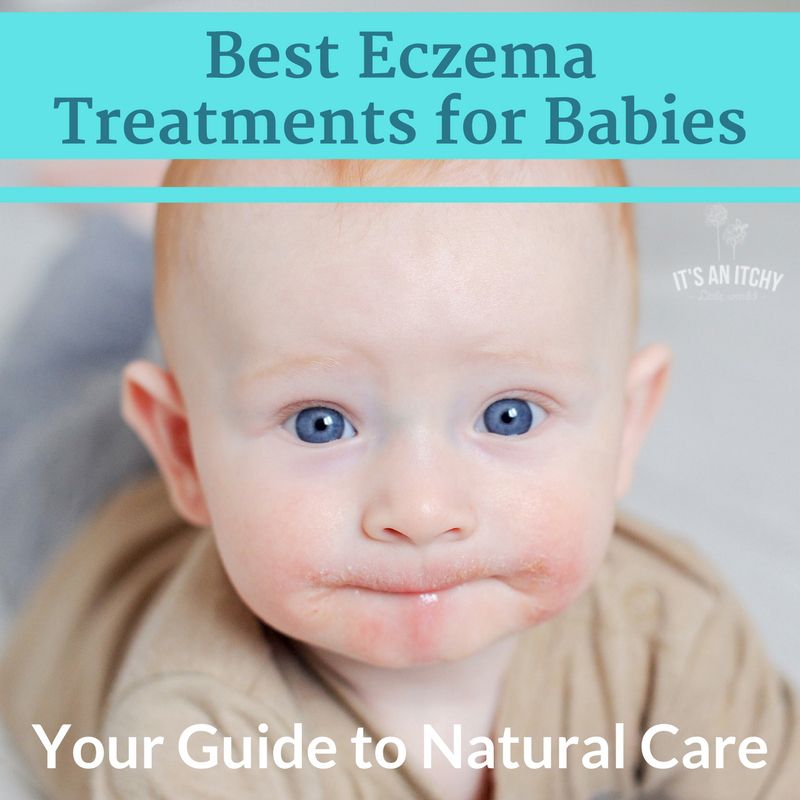 Several epidemiological studies have shown an association between the diversity of foods given in the first year of life and protection from atopic dermatitis (eczema). As low iron levels in the body can cause itching, and is common in children with eczema, increasing iron in the diet (through green vegetables and red meat) can be helpful. Choosing natural foods with complex carbohydrates instead of processed foods and simple sugars (i.e. sugary beverages) may also reduce inflammation and reduce eczema flares.
Several epidemiological studies have shown an association between the diversity of foods given in the first year of life and protection from atopic dermatitis (eczema). As low iron levels in the body can cause itching, and is common in children with eczema, increasing iron in the diet (through green vegetables and red meat) can be helpful. Choosing natural foods with complex carbohydrates instead of processed foods and simple sugars (i.e. sugary beverages) may also reduce inflammation and reduce eczema flares.
Should I balance short-term benefits with potential long-term risks?
Yes! There is convincing evidence that exposing children to a wide variety of foods early in life makes them less prone to developing food allergies. This is especially true for peanuts, where early introduction of infant-safe forms of peanuts between 4 to 6 months of life may prevent peanut allergy. The American Academy of Pediatrics has published guidelines to help pediatricians and families decide how to introduce peanuts to low and high-risk infants in order to prevent peanut allergies (https://www.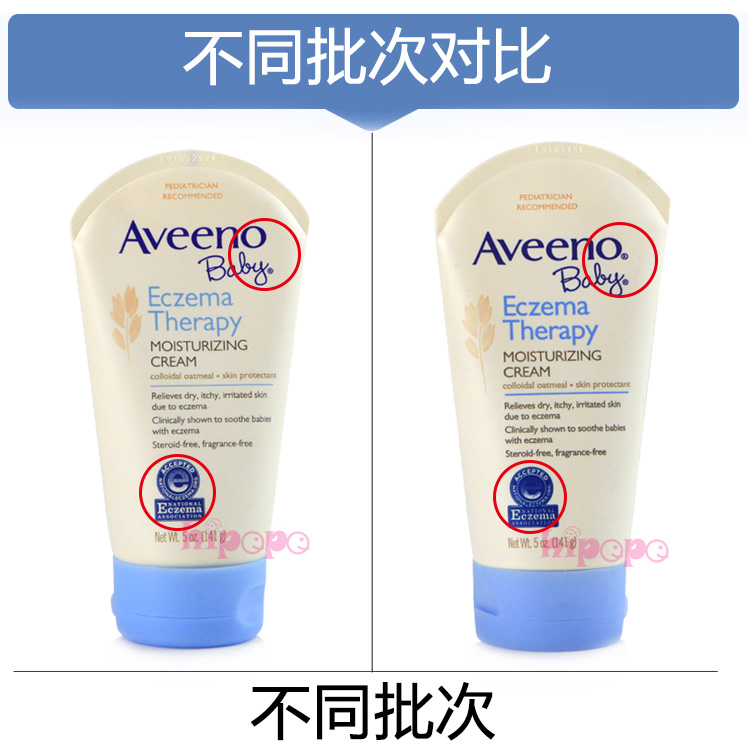 aappublications.org/news/2017/01/05/PeanutAllergy010517). Similar research is being performed for egg and other food allergens (https://pediatrics.aappublications.org/content/143/4/e20190281#sec-9). Before embarking on dietary restrictions, I strongly suggest that caregivers discuss with their medical team the potential short-term benefits of eczema improvement through food avoidance versus the long-term risks of losing tolerance to food allergens through dietary restriction. Many patients decide that they prefer to avoid processed foods and sugars and apply an occasional topical steroid for eczema flares rather than forego the benefits of a diverse and well-balanced diet.
aappublications.org/news/2017/01/05/PeanutAllergy010517). Similar research is being performed for egg and other food allergens (https://pediatrics.aappublications.org/content/143/4/e20190281#sec-9). Before embarking on dietary restrictions, I strongly suggest that caregivers discuss with their medical team the potential short-term benefits of eczema improvement through food avoidance versus the long-term risks of losing tolerance to food allergens through dietary restriction. Many patients decide that they prefer to avoid processed foods and sugars and apply an occasional topical steroid for eczema flares rather than forego the benefits of a diverse and well-balanced diet.
Looking for other good sources of information on atopic dermatitis (eczema) and diet? Check out these links!
“Everything You Need to Know About Eczema and Food Allergies” by the National Eczema Association
https://nationaleczema.org/eczema-food-allergies/
“Diet and your Child’s Atopic Eczema” by The Nottingham Support Group for Carers of Children with Eczema
http://www. nottinghameczema.org.uk/documents/diet-and-your-child-14diet1212.pdf
nottinghameczema.org.uk/documents/diet-and-your-child-14diet1212.pdf
“Childhood Eczema” by The American Academy of Dermatology https://www.aad.org/public/diseases/eczema/childhood
“Atopic Dermatitis (Eczema)” by The Society for Pediatric Dermatology
https://pedsderm.net/site/assets/files/1028/spd_atopic_dermatitis_color_web_final2.pdf
7 Foods to Avoid in Babies and Toddlers with Eczema
Eczema can be a frustrating and frustrating problem.
This can be especially difficult to manage in infants and toddlers, as many factors can contribute to the severity of your child's symptoms.
In some cases, making changes to your child's diet can help reduce symptoms, and eliminating certain foods from their diet can even help prevent a flare-up.
Here are 7 foods to avoid for children with eczema. Keep in mind that it's always best to talk to a doctor before eliminating foods from your child's diet.
Diet and eczema
Eczema, also known as atopic dermatitis, is a common condition characterized by red, itchy, and inflamed skin.
Although eczema can affect anyone, it is especially common among children. In fact, about 60% of cases develop during the first year of life.1).
Many factors can exacerbate eczema, including food.
Studies show that certain foods can cause 20-30% of cases of moderate to severe eczema. In addition, foods are more likely to worsen symptoms in children and infants under 5 years of age (2).
Although foods do not directly cause eczema, making dietary changes can help reduce symptoms, especially for those who have sensitivities or allergies to certain foods.3).
In children with documented food allergies, avoiding trigger foods can significantly improve eczema symptoms in as little as 1–2 months.4).
However, keep in mind that it is not necessary to avoid all of the foods listed below to help manage your child's eczema.
Conclusion
Some foods may worsen the symptoms of eczema, especially in children and infants.
However, this depends on the child's specific allergy or sensitivity, so talk to your doctor to determine which foods are best to avoid.
Food Allergy Prevention
Introducing common allergenic foods to a child at an early age can actually help prevent them from developing food allergies, including those to eggs and peanuts.5).
If you plan to eliminate certain foods from your child's diet or are concerned that your child may develop a food allergy, speak with a healthcare professional. They can help you develop a diet plan based on your child's needs.
7 Foods to Watch Out for
Studies have shown that eliminating one or more of these foods from the diet can significantly improve eczema symptoms in some children.
1. Dairy
Not only is cow's milk allergy the most common food allergy in young children, dairy products such as milk, yogurt and cheese are also common triggers for eczema.6).
One study of 132 children with food eczema found that 39% of children developed an immediate reaction after drinking cow's milk.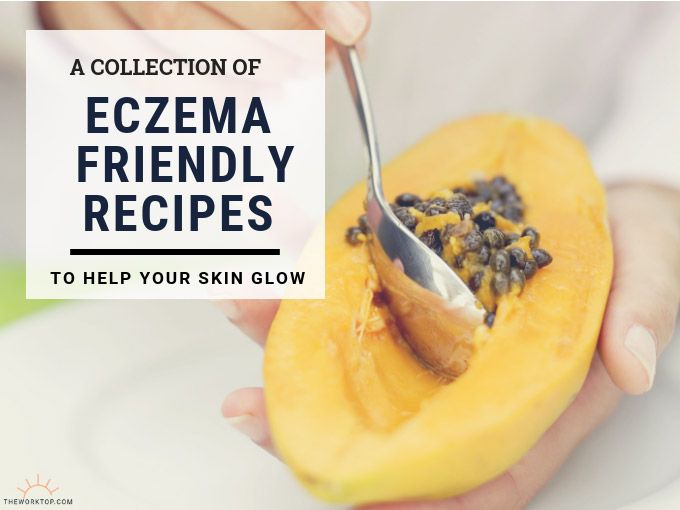 2).
2).
A 2019 review reported that infants with eczema were six times more likely to be allergic to cow's milk, eggs, or peanuts at 12 months of age than infants without eczema.7).
Fortunately, there are several simple plant-based milks available as alternatives to cow's milk, including soy milk, almond milk, and cashew milk.
However, be sure to check the ingredient lists carefully, as some of these foods are high in calories and high in sugar.
2. Fish and shellfish
The term "shellfish" refers to any aquatic animal that looks like a shell, including crabs, lobsters, oysters, mussels and shrimp. Meanwhile, most fish species, including salmon, trout, tuna, and tilapia, have fins and scales.
Although both fish and shellfish are highly nutritious and can be excellent sources of protein and omega-3 fatty acids, they can also aggravate eczema symptoms in many children.
This is because fish and shellfish allergies are common and can cause a wide range of side effects, including hives, itching and eczema.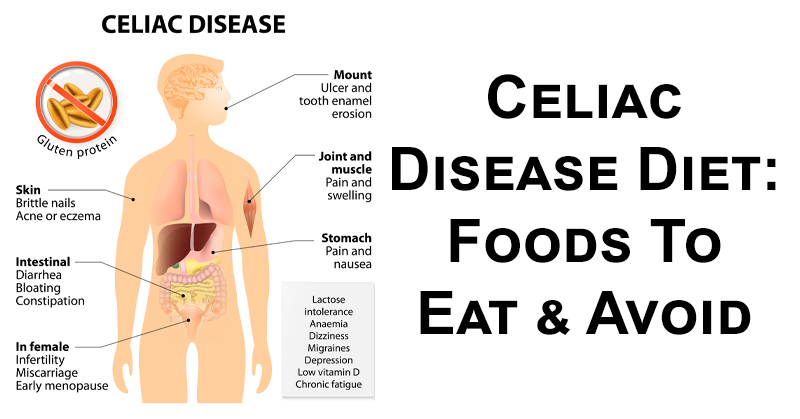 8, 9).
8, 9).
While some children may be sensitive to finfish or shellfish, others may only have reactions to certain species, such as crustaceans (eg shrimp and crabs) or shellfish (eg oysters and clams) (8).
A pediatrician or registered dietitian can help determine which specific types of seafood may be causing your child's symptoms.
3. Soy products
In people with soy allergy, consumption of soy products such as soy milk, tofu, or edamame can trigger an immune response that can cause skin reactions such as eczema (10).
Compared to allergies to other major food allergens, soy allergy is less common (11, 12).
For example, one 2013 study of 175 people with eczema found that about 30% had an immune response to soy. However, only about 3% of people have experienced symptoms such as hives and itching after eating soy.13).
If your child or toddler has a sensitivity to soy products, be aware that many processed foods contain soy-based ingredients that can worsen eczema symptoms.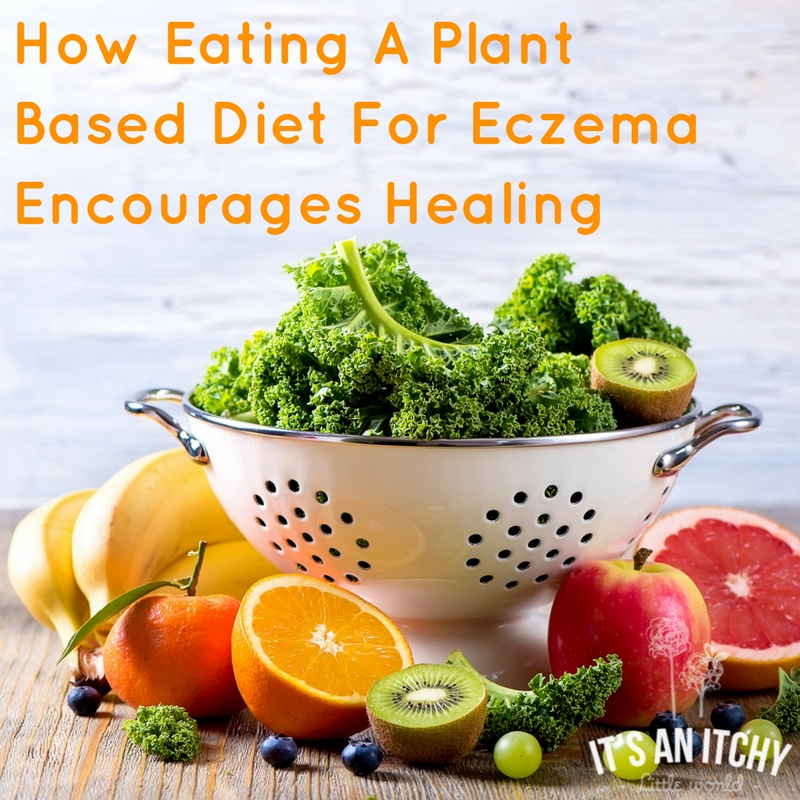 Examples include (14):
Examples include (14):
- soy sauce
- tamari
- soy protein
- textured vegetable protein
(fifteen).
Egg allergy is one of the most common food allergies, affecting an estimated 1.3% of children under 5 years of age in the United States.16).
In addition, one study reported that infants with eczema were nearly 12 times more likely to develop an egg allergy by 6 months of age than children without eczema.7).
However, in most cases, egg allergy in children resolves by about 5 years of age (17).
In addition, some egg-sensitive infants and toddlers may tolerate some form of eggs, such as baked eggs (16).
5. Nuts
Hazelnuts can aggravate eczema in many young children who are allergic to hazelnuts. Examples of nuts include:
- almonds
- cashews
- walnuts
- pecans
Tree nut allergy is very common and can affect up to 4.9% of children and adults. 18).
18).
Unfortunately, tree nut allergies can be very serious, and some studies show that more severe reactions to tree nuts are often associated with severe cases of eczema, asthma, and seasonal allergies.19).
In addition to avoiding tree nuts, your child may need to avoid foods that contain tree nuts, including pesto, nut butter, coconut products, and certain cereals, cookies, crackers, or candy.
6. Wheat or gluten
Wheat is a grain of cereals and the main ingredient in many foods such as bread, pasta and baked goods.
Gluten is a special protein found in wheat, barley and rye that gives dough its structure and elasticity.
In people with a wheat allergy, consumption of products containing wheat may aggravate eczema as well as cause other symptoms, including hives, asthma, and digestive problems.20,21).
Eczema and skin rashes can also be caused by gluten sensitivity, as well as celiac disease, an autoimmune disease that triggers an immune response when foods containing gluten are consumed. 22, 23, 24).
22, 23, 24).
Although there is no test to diagnose non-celiac gluten sensitivity, your child's pediatrician may use a skin or blood test to determine if your child has celiac disease or a wheat allergy.
7. Peanut
Peanuts are a common allergen and have been associated with several skin reactions including rash, hives, itching and eczema.25).
Peanut allergy is especially common among infants and toddlers, as most cases of peanut allergy appear within the first 2 years of life.25).
In addition, some studies show that peanut allergy is more common in infants with moderate to severe eczema.26).
If peanuts are causing your child's eczema to flare up, try replacing them with other ingredients in your favorite recipes, such as seeds or seed oil.
Conclusion
Some of the most common food allergies in infants and toddlers are dairy products, fish, shellfish, soy products, wheat, peanuts, tree nuts, and eggs.
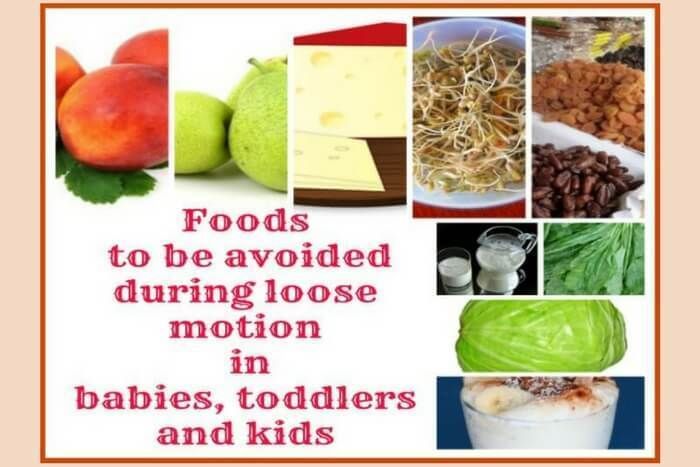
Foods that can help with eczema
Some foods can help with eczema and can help reduce symptoms such as itching and inflammation.
For example, fruits and vegetables are rich in antioxidants, compounds that protect against oxidative stress, cell damage, and inflammation.27).
Although human studies are still limited, some studies suggest that reducing oxidative stress may play a role in treating eczema.28).
It may also be helpful to increase your probiotic intake with fermented foods or supplements.
According to one review of 13 studies, several strains of probiotics are effective in reducing the severity of eczema in children. These strains included Lactobacillus fermentum and Lactobacillus Salivarius (29).
However, more research is needed because other studies have shown that probiotics do not significantly affect symptom severity or quality of life in people with eczema.30).
Conclusion
Including more antioxidant and probiotic-rich foods in your child's diet may be beneficial for eczema, but more research is needed.
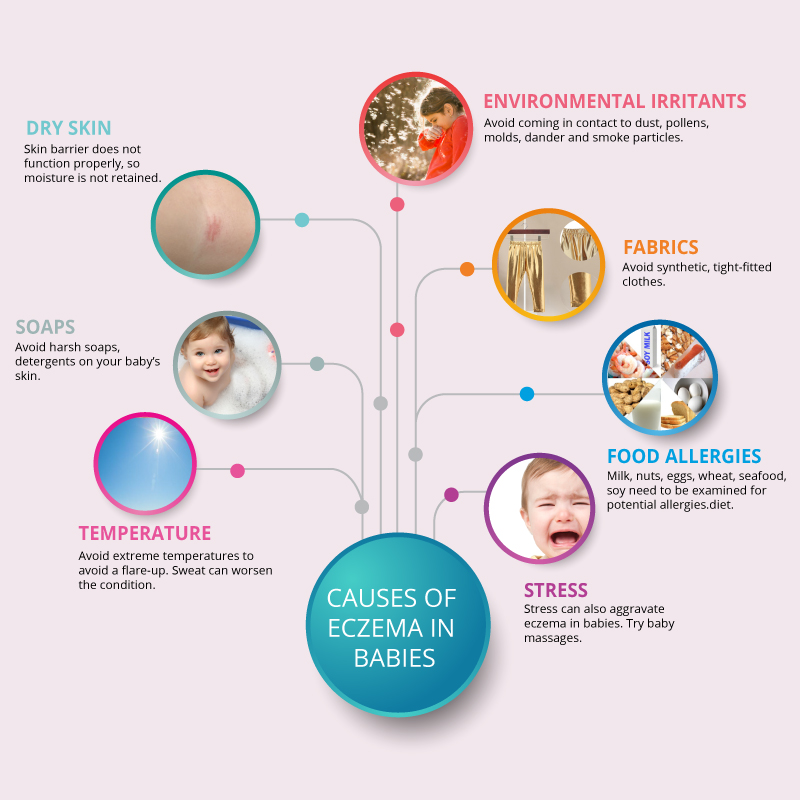
bottom line
For many infants and toddlers, diet can play a key role in managing eczema symptoms.
While some foods may worsen eczema symptoms, others may reduce inflammation and oxidative stress, which may reduce symptoms.
However, it's best to talk to a pediatrician or dietitian before making any changes to your child's diet, especially because cutting certain foods from his diet can make it difficult to meet his nutritional needs.
Also, be aware that many other factors can contribute to the development of eczema, and some children may need other treatments to relieve symptoms.
Just one
Try this today: Consider experimenting with some home remedies for your child's eczema. Read this article for a few ideas to help ease your child's condition.
Proper and Healthy Nutrition for Eczema
One of the names for a fairly common disease of eczema is atopic dermatitis. The disease is characterized by wet or dry rashes, which are accompanied by peeling and itching. Most often, eczema occurs on the palms and hands, on the soles of the feet, and less often on the face. As well as the treatment of the spine and joints, our clinic offers various treatment options and a doctor's prescription of a diet for eczema on any part of the body, including the hands, taking into account the results of the studies carried out and the definition of the type of disease.
Most often, eczema occurs on the palms and hands, on the soles of the feet, and less often on the face. As well as the treatment of the spine and joints, our clinic offers various treatment options and a doctor's prescription of a diet for eczema on any part of the body, including the hands, taking into account the results of the studies carried out and the definition of the type of disease.
How the symptoms appear
The disease begins with local rashes of the "urticaria" type. Then tangible symptoms of eczema appear in the form of constant itching and skin burning. The following factors can become the cause of this condition:
- any external influences, for example, chemical or thermal burns, mechanical damage, etc.;
- somatic internal disorders: malfunctions of the endocrine system, gastrointestinal tract, genetic predisposition;
- allergic manifestations to various irritants: wool, pollen, food;
- nervous disorders and stress.

Most often this disease affects young women, less often - men. The danger of the disease lies in the fact that in the absence of treatment and adherence to a diet for eczema, it becomes chronic, which really reduces the chances of a favorable prognosis in treatment.
Foods to avoid
Proper nutrition for eczema is an effective addition to the main treatment. But to make sure which form the diseased has, you need a diagnosis and consultation with a doctor. The main thing that needs to be observed in the diet for eczema is to eat only those foods that are cooked in the right way, and the content of carbohydrates and fats in which does not exceed acceptable levels.
Be sure to take into account that many of the foods have the properties of allergens, so they must be excluded from the diet so as not to exacerbate the course of the disease. Basically, the list of such products is limited, but for many patients, due to eating habits, it is not easy to refuse them.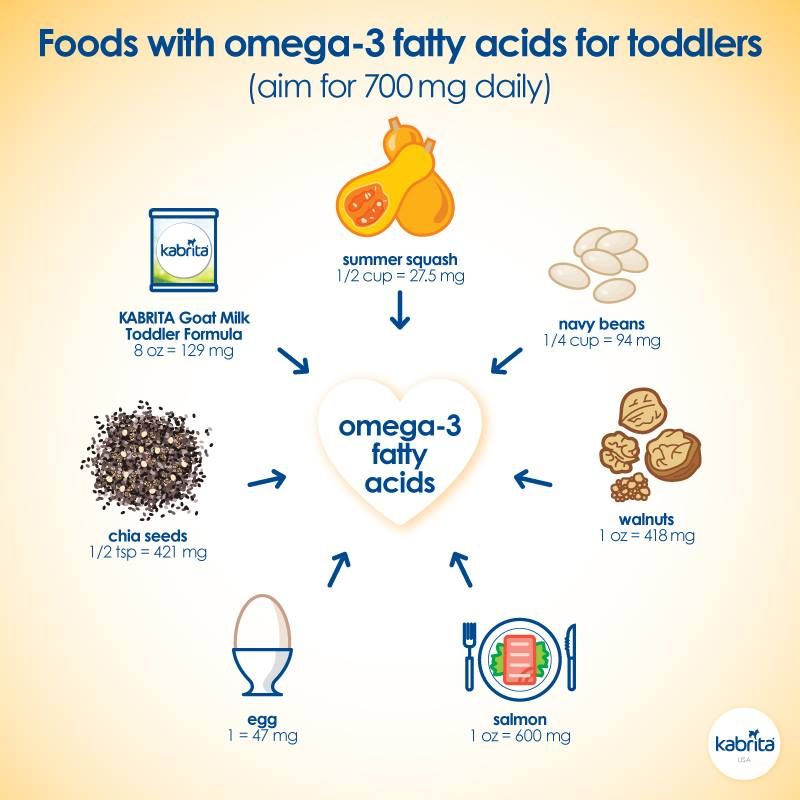 However, a diet for eczema in adults will help avoid relapses, and make remission more stable. Therefore, it is recommended to exclude from the diet:
However, a diet for eczema in adults will help avoid relapses, and make remission more stable. Therefore, it is recommended to exclude from the diet:
- flour confectionery containing honey, chocolate, butter;
- tangerines, grapefruits, oranges, lemons, pineapples, mangoes, as these fruits are strong allergens;
- smoked meats, fish and preserves richly flavored with spices;
- marinades, pickles, hot sauces, mayonnaise;
- all alcoholic beverages, including beer and low alcohol, as well as coffee.
These are not so severe restrictions that you can get used to and not be hungry. On the contrary, following the doctor's recommendations regarding dietary nutrition helps patients to be more organized and responsible, and also to remember that only the activities carried out in the complex make it possible to get rid of the disease forever. After all, this skin disease is not a sentence!
Acceptable food products
If you find yourself with similar symptoms and manifestations of the disease, you should never self-medicate and prescribe treatment yourself. The doctors of our clinic will conduct an examination and give recommendations on how to make a diet for eczema, as well as an approximate menu, taking into account the course and form of the disease.
The doctors of our clinic will conduct an examination and give recommendations on how to make a diet for eczema, as well as an approximate menu, taking into account the course and form of the disease.
Which products are recommended? It must be taken into account that you can cook food only boiled, stewed, steamed. Among these products:
- defatted meat of dietary grades: rabbit, chicken, turkey;
- hypoallergenic cereals for cereals and soups: buckwheat, rice, pearl barley;
- fish - only sea, fat-free and boiled;
- fermented milk products in the absence of allergies are allowed unlimitedly: cottage cheese, kefir, regular yogurt, yogurt, but only on the condition that they do not contain aromatic additives and preservatives.
Plant-based foods that are high in protein, and in particular beans, are the best dietary option to get enough of the right amount of essential nutrients for the body.